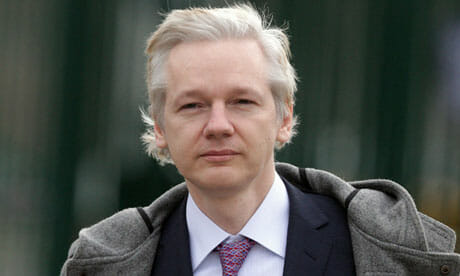We Steal Secrets: The Story of WikiLeaks

Alex Gibney—the prolific documentarian behind Enron: The Smartest Guys in the Room, the Oscar-winning Taxi to the Dark Side and Mea Maxima Culpa: Silence in the House of God—turns his lens on WikiLeaks, the nonprofit website dedicated to making public secret and classified materials from anonymous sources. At the center of Gibney’s latest exposé is the enigmatic Julian Assange, founder and editor-in-chief of the site. But unassuming Private First Class Bradley Manning, who launched the organization into the big time when he allegedly leaked hundreds of thousands of documents from classified U.S. military and diplomatic servers, gets equal time in a film that examines privacy and secrecy in the Internet Age and questions whether those who expose them are heroes or villains—or a bit of both.
-

-

-

-

-

-

-

-

-

-

-

-

-

-

-

-

-

-

-

-

-

-

-

-

-

-

-

-

-

-

-

-

-

-

-

-

-

-

-

-








































